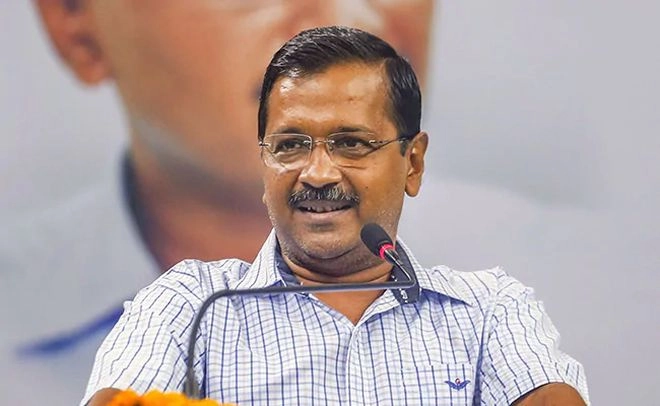A Delhi court has recently expressed its discontent with the central government’s delay in deciding the allotment of a bungalow to Arvind Kejriwal, the Chief Minister of Delhi. The court’s remarks highlight the importance of timely decisions in matters related to public officials, as such delays can have significant implications for governance and the functioning of the state. The court underscored that a prompt resolution in such cases is not only a matter of administrative efficiency but also a reflection of respect for the democratic process and the responsibilities that come with public office.
The court’s criticism comes amidst ongoing tensions between the Delhi government and the central authorities, which have been a recurring theme in India’s political landscape. The delay in allotting the official residence to Kejriwal raises concerns about the treatment of elected officials and the autonomy of the Delhi government. As the Chief Minister, Kejriwal’s ability to perform his duties effectively is closely tied to having suitable accommodations that facilitate his work. The court’s intervention serves as a reminder of the legal and ethical obligations that the central government holds towards elected representatives, particularly in ensuring that they have the necessary resources to fulfill their roles.
Moreover, this situation sheds light on the broader issues of governance and accountability in India. When courts step in to question administrative delays, it serves to reinforce the principle that government bodies must act decisively and transparently in their dealings. The judiciary plays a crucial role in holding the government accountable, ensuring that political leaders can carry out their responsibilities without unnecessary hindrances. In this context, the Delhi court’s remarks could be seen as a call for a more streamlined bureaucratic process that prioritizes the needs of elected officials while also upholding the rule of law.
As the matter progresses, it will be essential to observe how the central government responds to the court’s admonition. The resolution of this issue could potentially set a precedent for future interactions between state and central authorities, particularly regarding the allotment of resources and accommodations for public officials. Ultimately, ensuring that leaders like Arvind Kejriwal have access to their required facilities is vital not only for their individual roles but also for the effective governance of Delhi as a whole. It remains to be seen how this unfolding situation will influence the relationship between the Delhi government and the central administration in the future.




